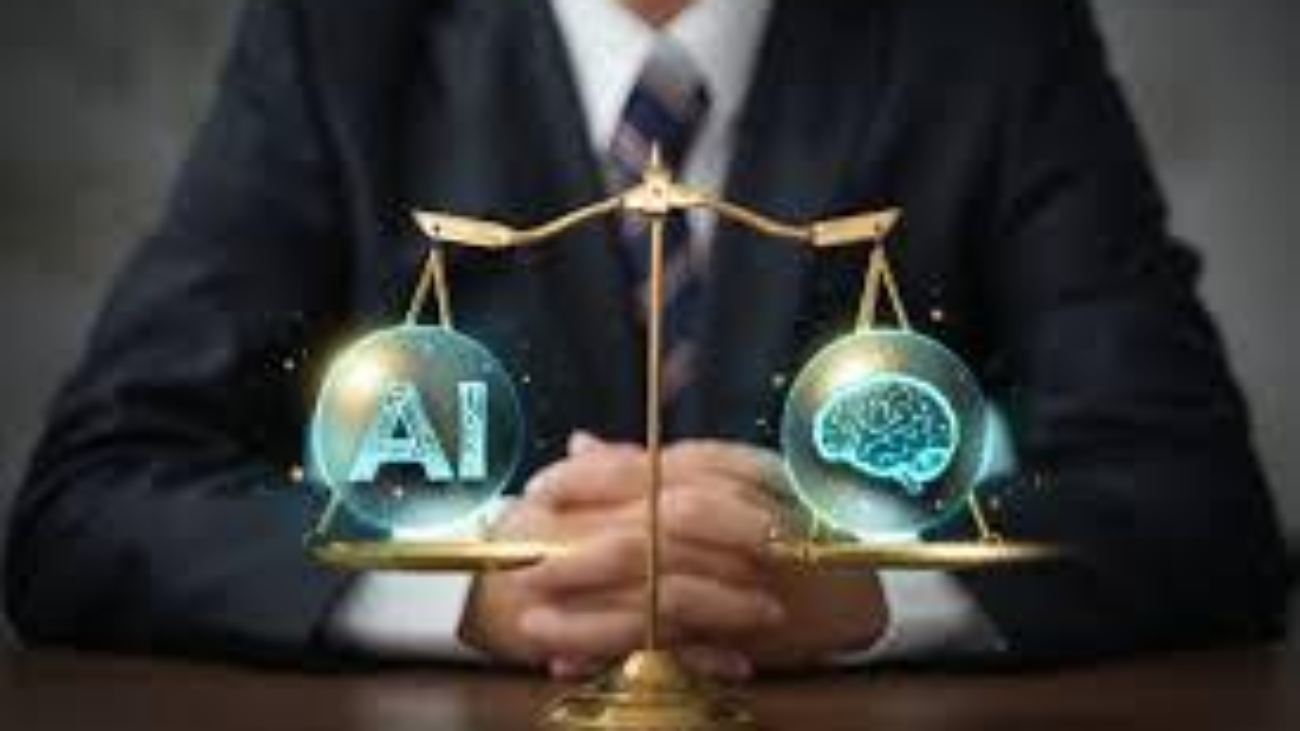
Artificial intelligence (AI) has emerged as the determining cause of the coming great revolution. From self-driving cars to smart assistants, AI is not merely a device; it has evolved into a declaration of direction for the human race. This transformation is not just remodelling industries and economies but also transforming the very essence of our society. In this blog, we will discuss AI as the new declaration of direction, looking at its influence on different sectors and how it is transforming the way we think, work, and engage with the world.
The Dawn of the AI Era
Artificial intelligence has existed as an idea for centuries, initially as a philosophical thought experiment in the minds of ancient philosophers. But it wasn’t until the 20th century, with the development of modern computers, that AI started to move from the realm of fiction to fact. Today, AI is everywhere; it’s used in nearly every area of life. Whether it’s in medicine, finance, education, entertainment, or even the arts, AI is at the forefront of innovation, shaping how we solve problems, be creative, and work.
AI is revolutionizing our way of thinking. It’s not merely a matter of developing machines that can do certain things; it’s about developing systems that can learn, evolve, and even optimize themselves over time. This capacity to emulate human intelligence has led to breakthroughs that were previously deemed impossible, ranging from defeating human champions at intricate games such as Go to diagnosing diseases quicker and more precisely than physicians.
The Transformative Impact on Industries
One of the most significant ways AI is declaring its direction is through its impact on various industries. Let’s take a closer look at how AI is reshaping some key sectors.
Healthcare
AI can transform healthcare by enhancing diagnostic accuracy, tailoring treatments, and optimizing operational efficiency. Machine learning algorithms can sift through huge amounts of medical data, such as patient histories, genetic data, and imaging scans, to recognize patterns that would be hard for human physicians to identify. For instance, AI-based diagnostic tools can already detect cancer in its early stages with a level of accuracy that is comparable to or even better than human physicians.
Finance
The financial industry has also adopted AI to improve decision-making and customer experience. AI algorithms are being utilized to identify fraud by examining patterns of transactions and detecting anomalies that could signal suspicious behaviour. In trading, AI is being utilized to examine market trends and make investment choices at a pace and volume that human traders cannot. Robo-advisors are another instance of AI in finance, providing customized investment advice to a person based on his or her financial objectives and risk tolerance.
Education
The impact of AI is already being felt in schools worldwide. Intelligent tutoring systems are deployed to deliver individualized learning, adjusting to a student’s own needs. They are able to assess a student’s performance, determine weak spots, and provide customized lessons for improvement. AI is also making it possible to automate routine administration, freeing instructors to teach and freeing up time stuck on paperwork.
AI and the Evolving Workforce
While AI has the potential to bring about great benefits, there are also concerns associated with it, especially regarding the labour force. Perhaps the most commonly debated issue regarding AI is the concern that automation will take over human jobs, resulting in extensive job losses. In fact, AI can do many things more effectively and correctly than human beings, especially in sectors such as manufacturing, logistics, and customer care.
In this new environment, humans and AI will coexist, with AI serving as a tool to enhance human capabilities and not displace them. AI will be a critical collaborator in facilitating innovation and improving productivity. The most important challenge will be that workers are trained with the skills required to excel in this new world. This entails investing in education and training programs that prioritize AI literacy, critical thinking, and problem-solving.
AI in Digital Marketing and IT
In the world of digital marketing and IT, AI is a force that has revolutionized the game. With companies trying to outsmart the competition, AI-based solutions have become integral parts of digital marketing. These technologies gather and examine enormous volumes of information to enable marketers to create highly targeted campaigns that resonate with particular groups. AI allows marketers not only to automate such mundane tasks but also to make better, data-driven decisions that enhance campaign effectiveness and return on investment (ROI).
The impact of AI in digital marketing also lies in enhancing search engine optimization (SEO) and content development. With AI algorithms that can scan search trends and consumer intent, marketers are able to optimize content for increased visibility on search engines. AI-powered content generation tools are also assisting companies in creating high-quality, relevant content in minutes. They can help draft articles, create social media posts, and even customize content to fit various platforms such that they are consistent and engaging across digital media.
The Future of AI: A Declaration of Direction
Looking ahead, it’s obvious that AI is not a trend. It’s an ideal shift in how we approach technology and its place in society. AI is the new declaration of direction, leading us to a future where humans and machines collaborate to tackle complex issues and improve our lives.
The potential of AI is vast, but it must be thought out, planned, and done together. To maximize its potential, we need to make sure that AI is developed in a manner that is ethical, inclusive, and for the good of all.
Ultimately, AI is not about thinking machines. It is about the manner in which we, as a people, learn to accommodate and welcome this new trajectory. As we move forward with determining what AI can do, we also need to be aware of its challenges and ensure that we steer its development with prudence, foresight, and devotion to the greater good.

